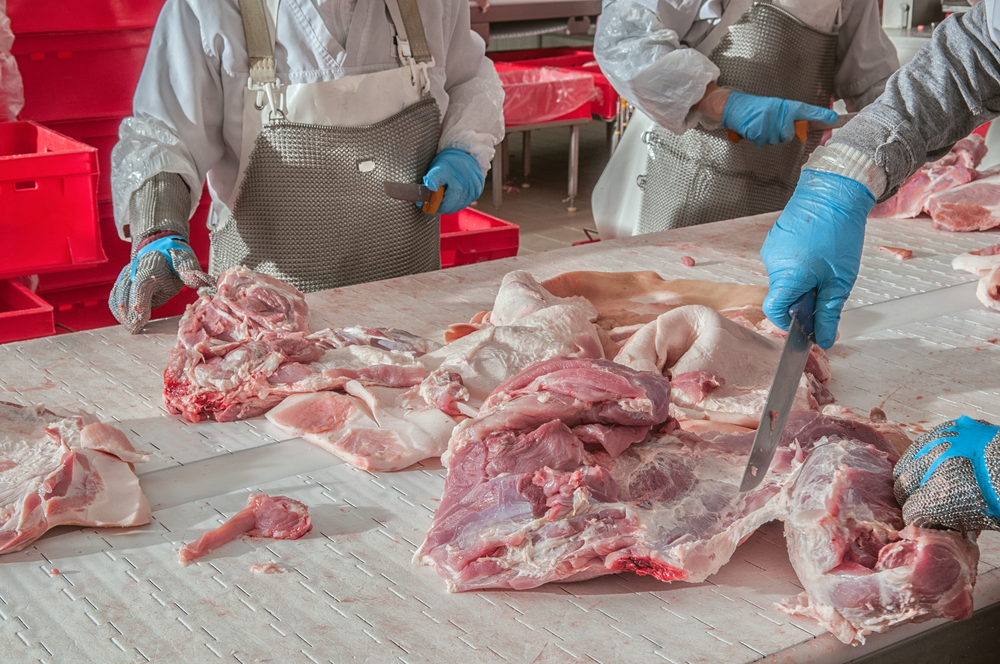Temporary contracts encourage employers to use foreign workers

Temporary contracts and a lower threshold for making people redundant have encouraged employers to take on more workers from abroad, the Dutch government’s CPB think-tank said on Tuesday, with the publication of a new report on labour migration.
But it is unclear if higher basic wages are a draw or if having good social security provisions is important in attracting foreign workers, the CPB said.
“Several lessons can be drawn from the history of labour migrants in the 1950s, 60s and 70s,” the researchers say. “As today, the idea then was to attract people temporarily but many stayed permanently. And when the industries they worked in – like textiles and mining – shrank, unemployment rates soared and the workers had trouble finding other jobs because of their education.”
These experiences, the CPB argues make it “advisable to be mindful of migrants’ long-term employability, and to pursue a (labour) migration policy that is consistent with the (desired) direction in which the Dutch economy will develop”.
The research is particularly pertinent given the four parties in negotiations to form a right-wing government are looking at ways of restricting the number of foreign workers coming to the Netherlands.
The NSC, for example, has called for a 50,000 limit on new arrivals, including refugees, workers and foreign students. The far right PVV has called for a halt to all forms of immigration, and pledged to take a tough line on the issue in the negotiations.
Economists and the chief of the government’s labour inspectorate have called for a rethink on the Dutch economy to reduce the demand for often low-skilled foreign labour.
In particular farming, the logistics sector and the meat industry have come under fire for contributing little to the economy but relying on low cost workers.
CPB researcher Gerdien Meijerink told the Parool that the influence of government economic policies on the number of migrant workers is greater than assumed. “When talking about migration, you cannot separate it from economic policy,” he said. “Even now, for example, discussions on limiting migration mainly focus on legal measures and border controls.”
Thank you for donating to DutchNews.nl.
We could not provide the Dutch News service, and keep it free of charge, without the generous support of our readers. Your donations allow us to report on issues you tell us matter, and provide you with a summary of the most important Dutch news each day.
Make a donation